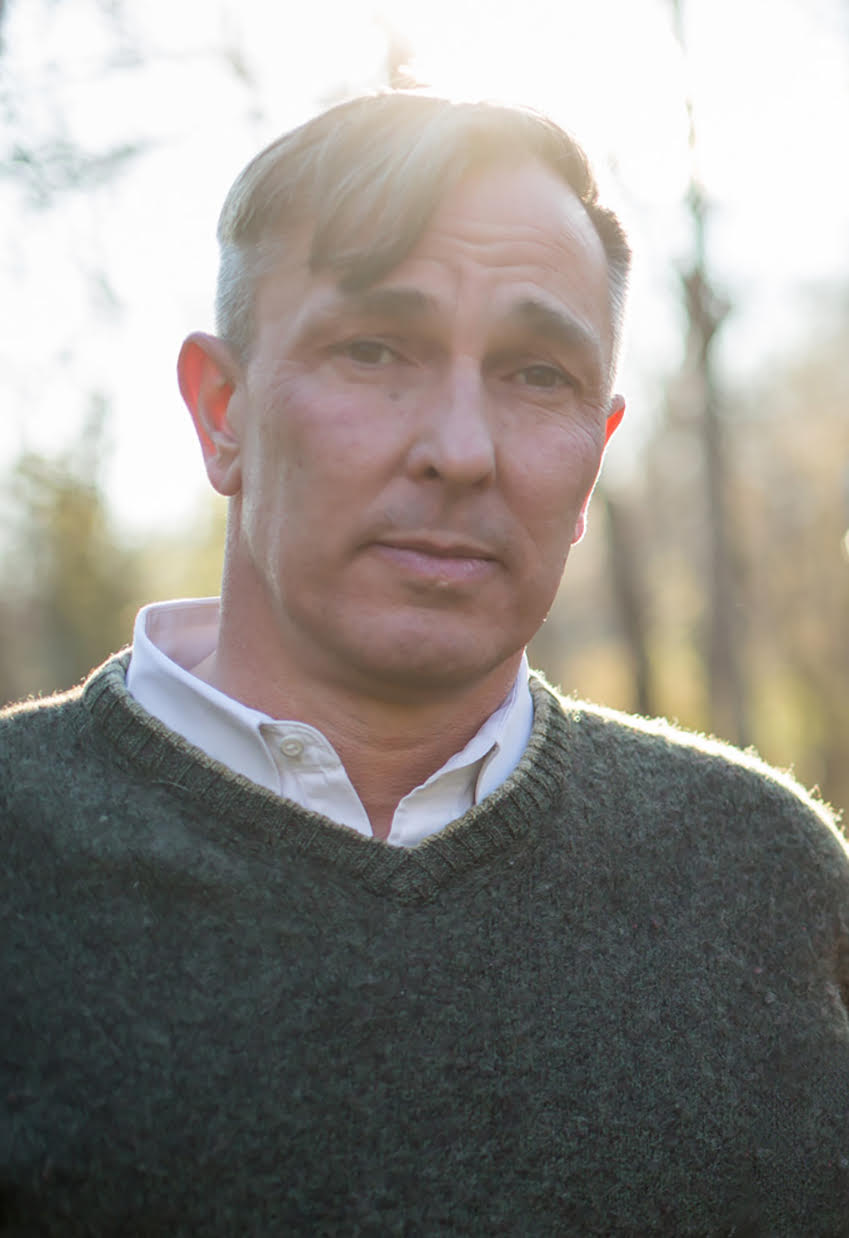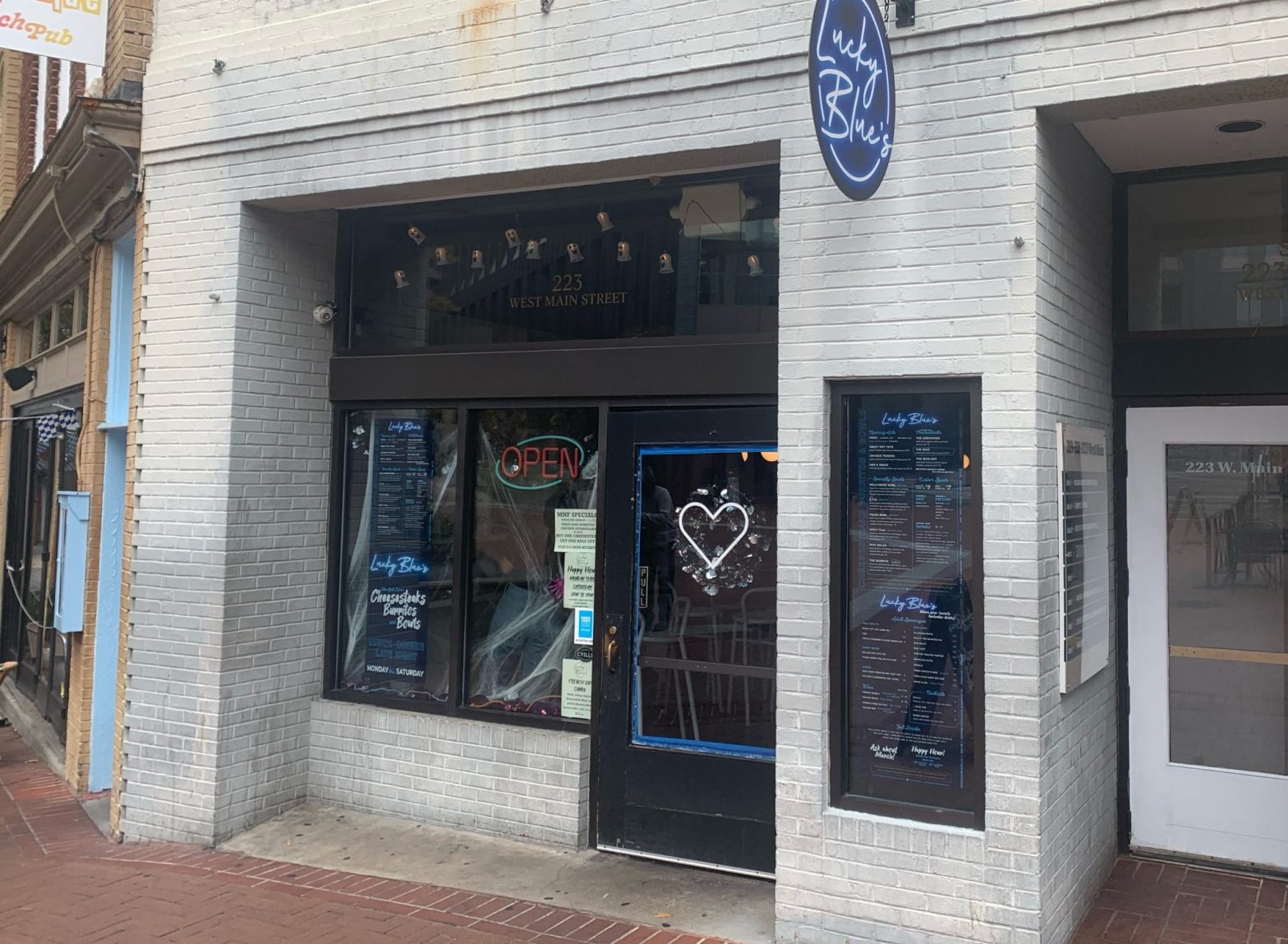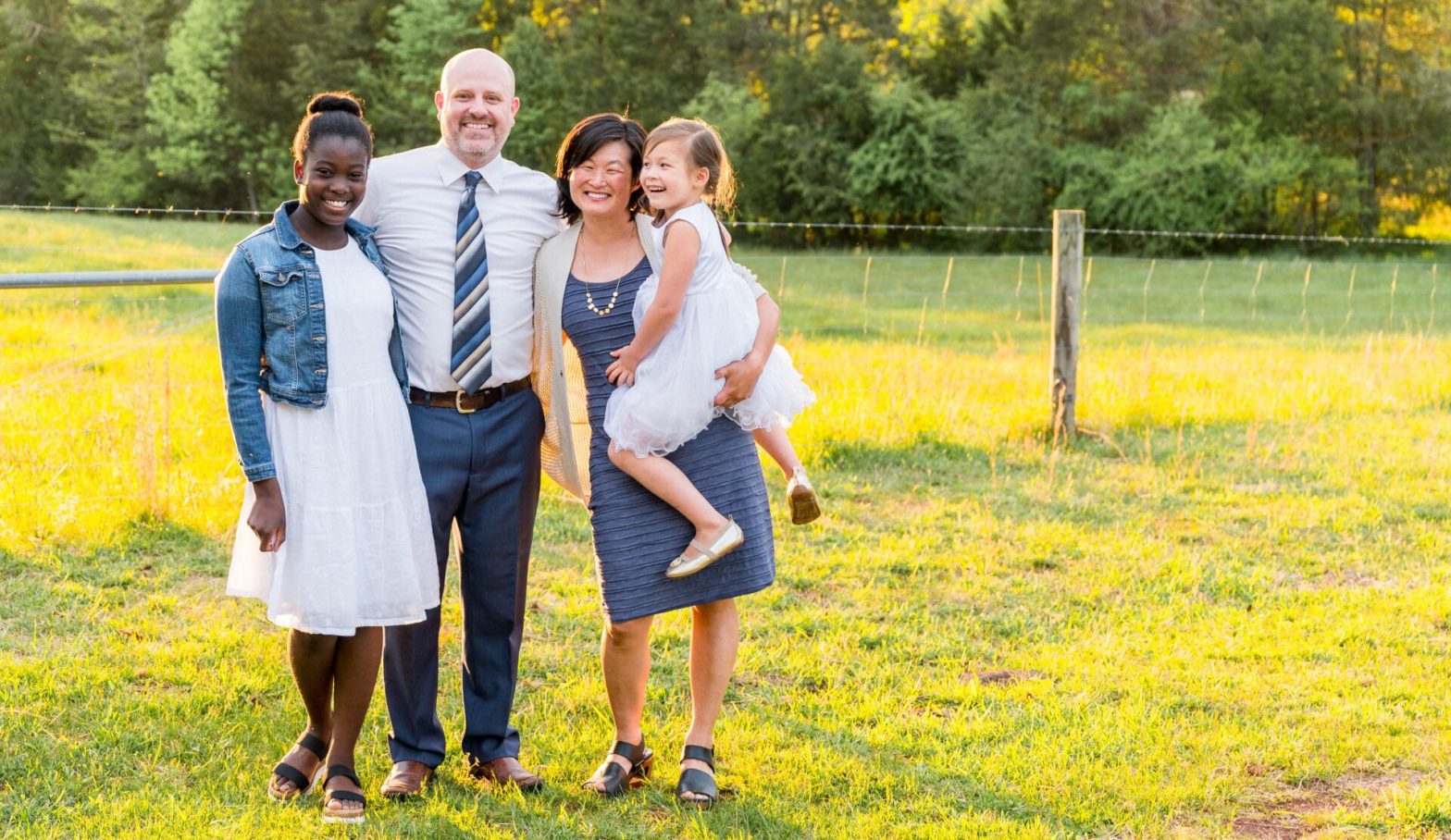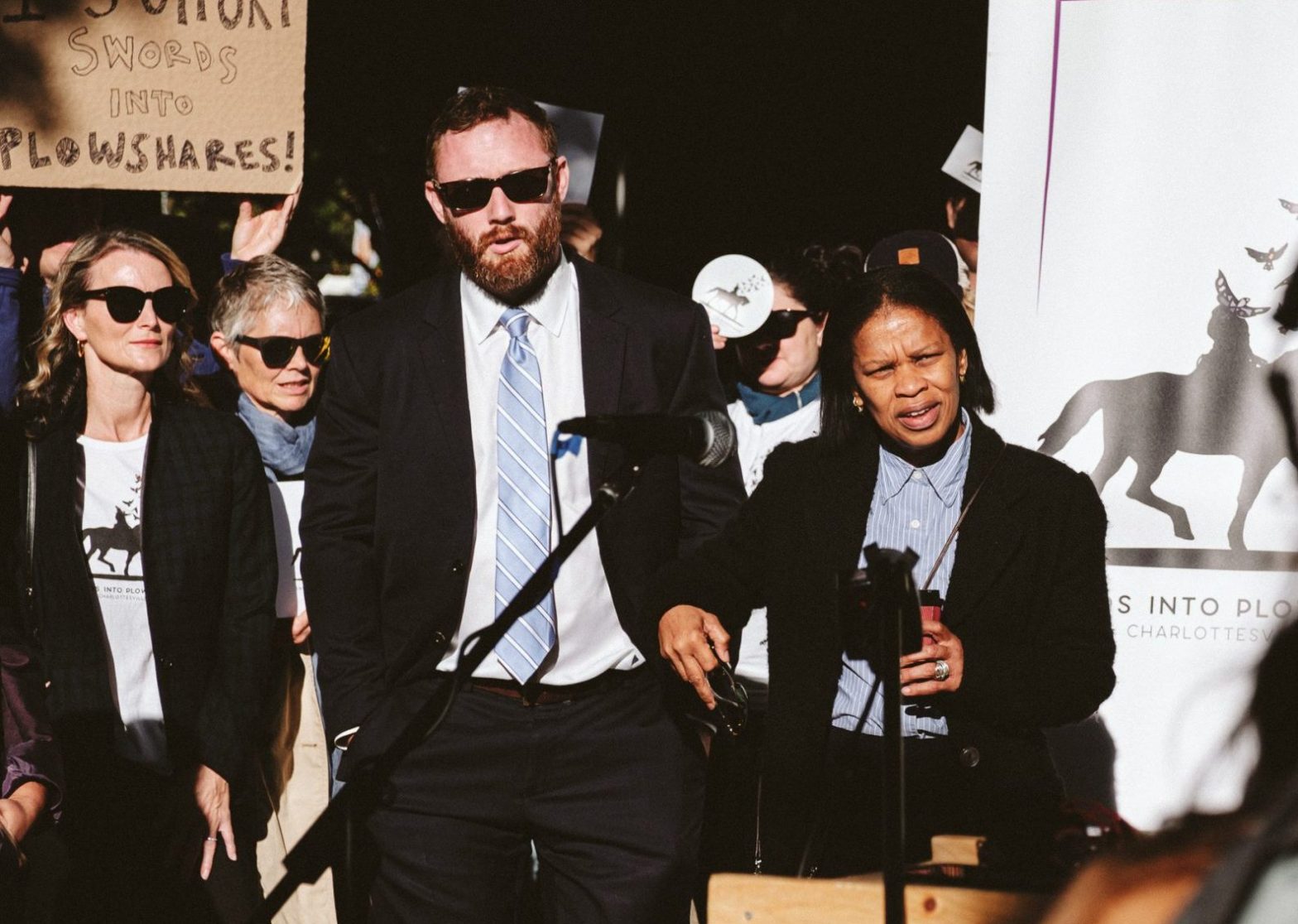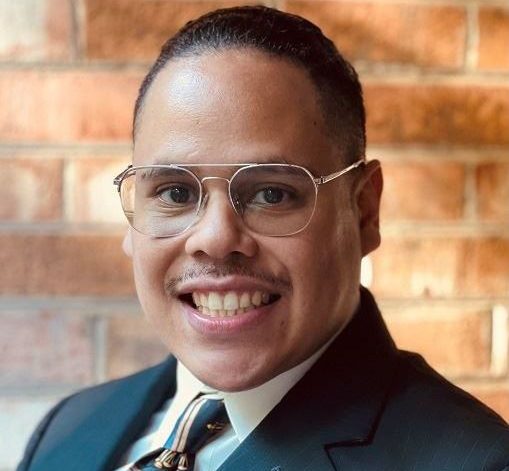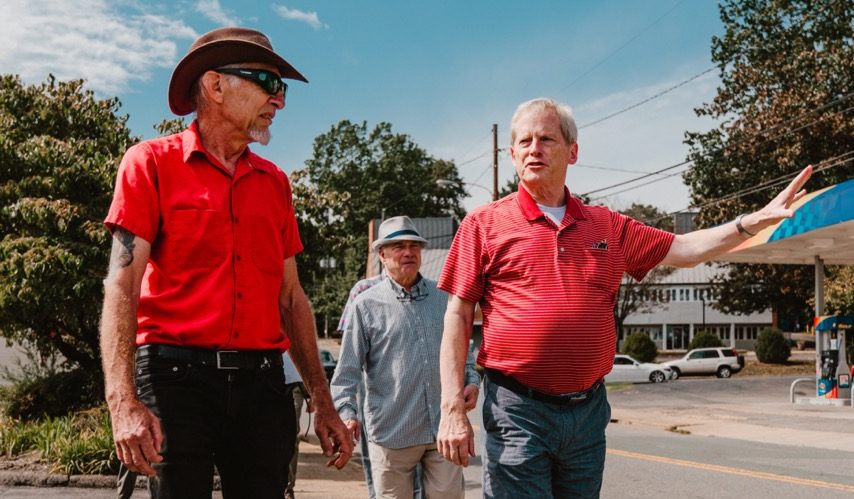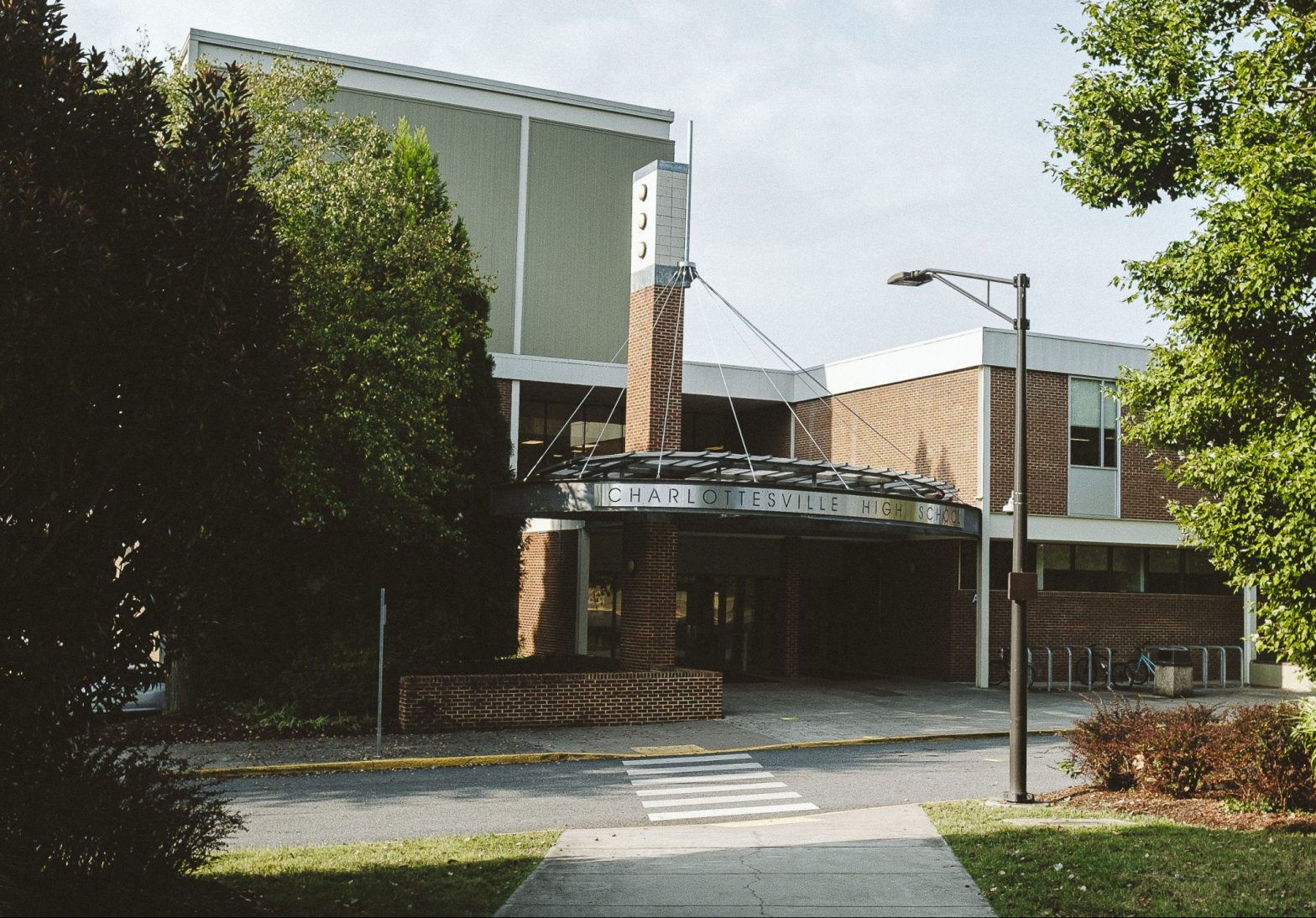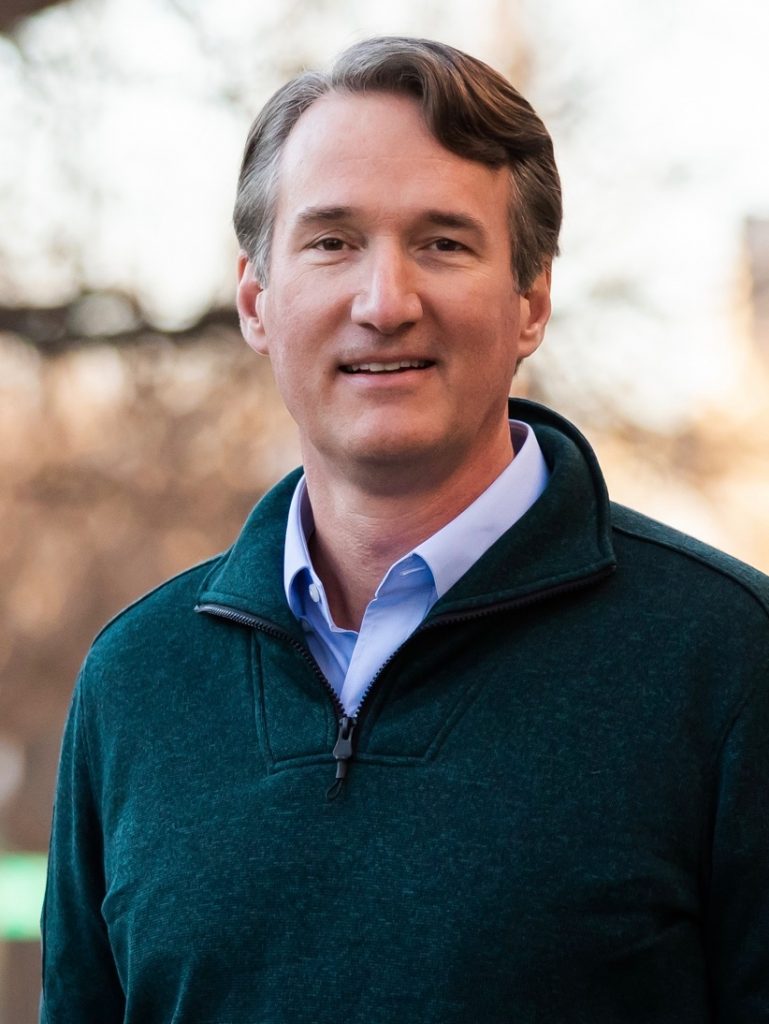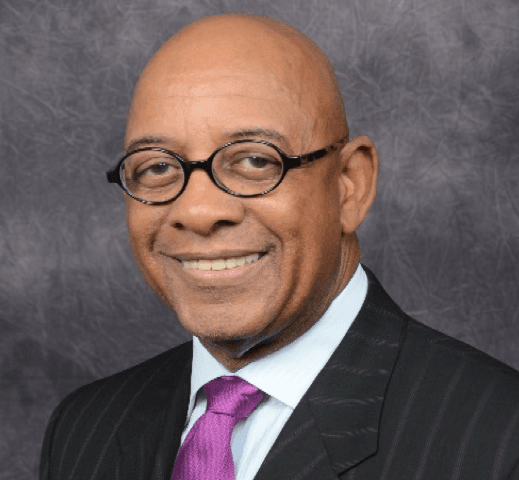On October 25, the Albemarle County Police Department arrested Shawna Marie Natalie Murphy for the murder of her boyfriend, Matthew Sean Farrell, at his home.
Shortly before 8:30am, the ACPD and Albemarle County Fire Rescue responded to a domestic disturbance report on the 2100 block of Stony Point Road. When officers arrived, they found Farrell dead from a gunshot wound.
Murphy, 38, was charged with second-degree murder and using a firearm in the commission of a felony. She had dated and lived with Farrell, 53, for several years, reports The Daily Progress.
The ACPD did not publicize the victim’s identity until October 27, citing investigative efforts. “A need for additional resources was determined by responding officers due to explosive materials found at the scene. Bomb technicians … cleared and disposed of explosives that were on the property. These materials posed no threat to the public or surrounding properties prior to their disposal,” read a press release.
Farrell, who grew up near Farmville, moved to Charlottesville in 1990 after college and a brief stint in the military. It was here where he became a locally-beloved publisher, writer, and connoisseur of the arts—or, as he told C-VILLE in a 2011 interview, “an arts person, a fop, and a dandy.”
In 1991, Farrell, who earned a master’s degree in philosophy, founded Hypocrite Press, which published works by “local writers who are writing about Charlottesville,” he told C-VILLE. Published books include street to forest: a scattered guide for the charlottesville unresidenced, which Farrell described as a guidebook containing tips, commentary, and entertainment “for local homeless street persons, slackers, and train-hobo kids.” After publishing street to forest in 2010, Farrell handed out 100 free copies of the book, which involved around 30 local collaborators, to people experiencing homelessness downtown, and did not take profits from it.
In 1992, Farrell also opened a short-lived art gallery called Galerie Oktoberfaust inside the Jefferson Theater, and created a cable television variety show called “Let’s Get Lost,” reports The Daily Progress.
In a 2002 letter, he requested C-VILLE and The Hook refer to him as “Downtown Charlottesville’s Leading Public Intellectual,” and support him in his effort.
“I had been casting about for something I could be or do to continue my pattern of selfless and committed service to this town and its people I love more than anyone or anything. It was then this sweet yet low voice last night … made me to know the path,” wrote Farrell. “I realized then at its urging that I must rise to fill an urgent void … I must needs for the good of this community stretch myself as a coat to cover the puddle, that Charlottesville might cross unsoiled.”
“Brevo, I am now ‘Downtown Charlottesville’s Leading Public Intellectual,’” he continued. “I will make occasional vague cultural proclamations, occasionally challenge the proclamations of leading public intellectuals from elsewhere, occasionally meet with other leading public intellectuals from elsewhere, and otherwise uphold the distinction to the best of my abundant or adequate ability, with appropriate pomposity, loftiness of purpose, self-significance, and amorphous/ambiguous opining.”
Murphy is currently being held without bond at the Albemarle-Charlottesville Regional Jail.
Read C-VILLE’s 2011 interview with Farrell here.
